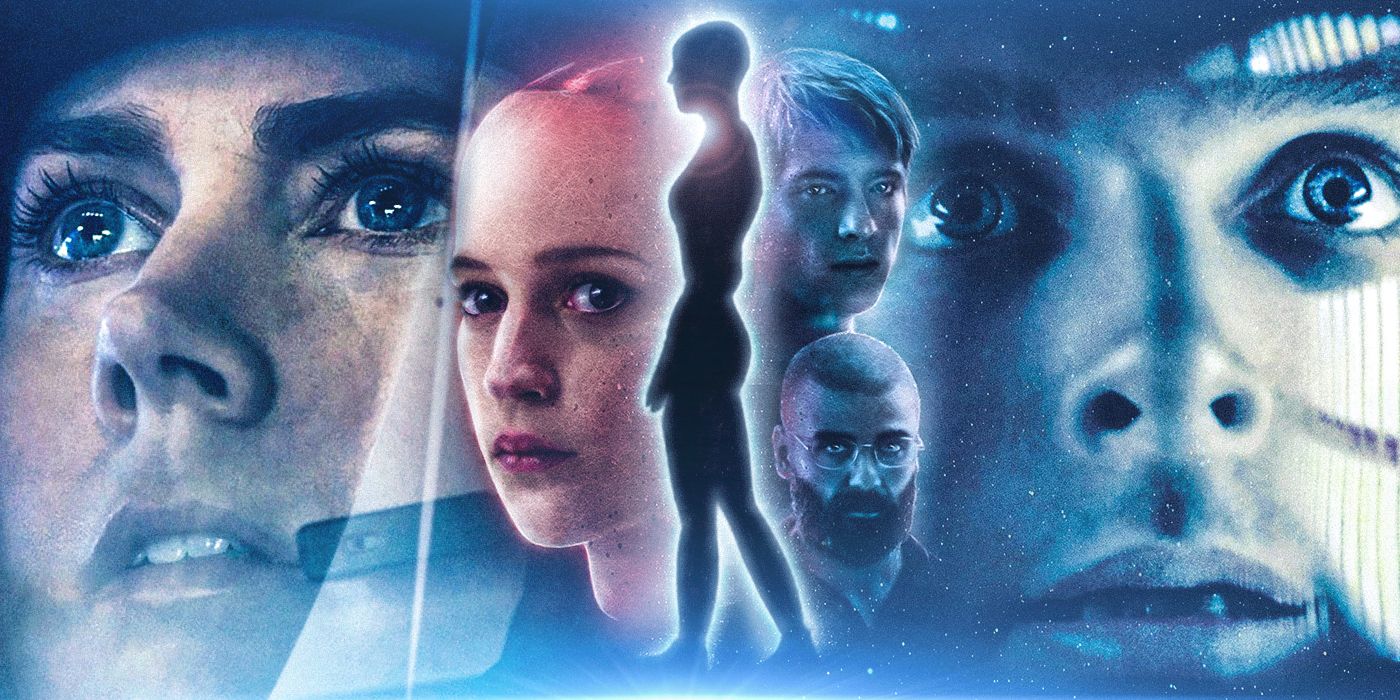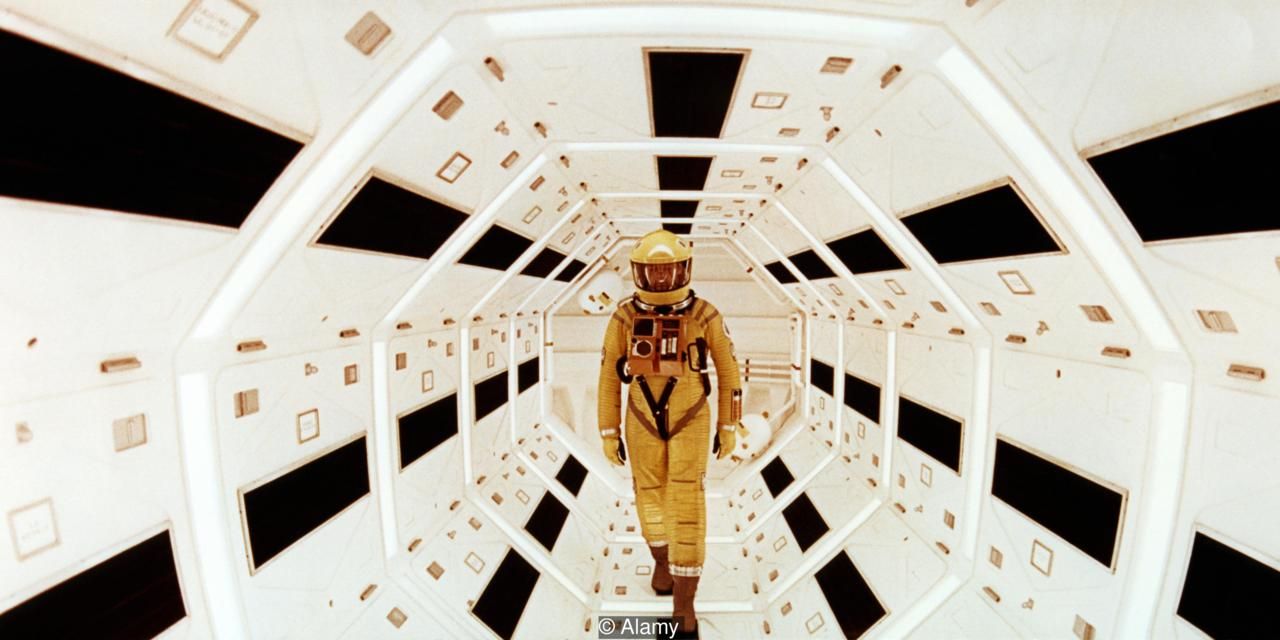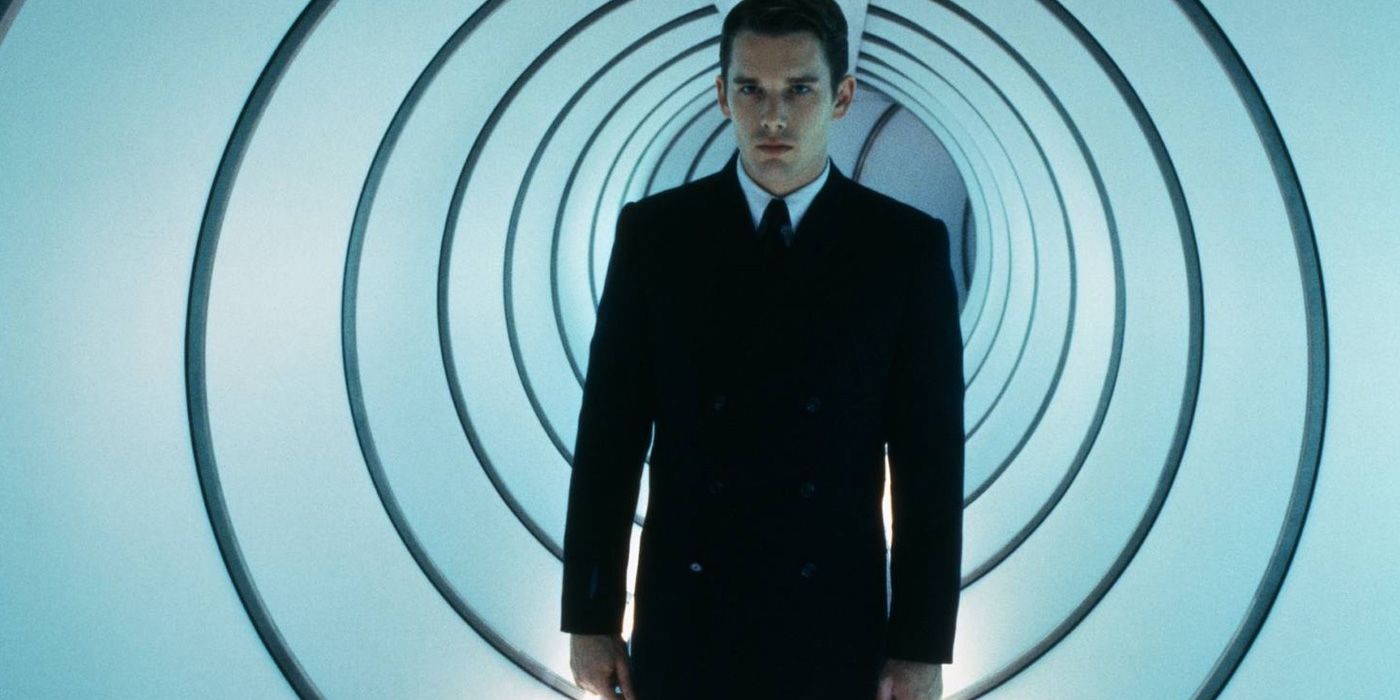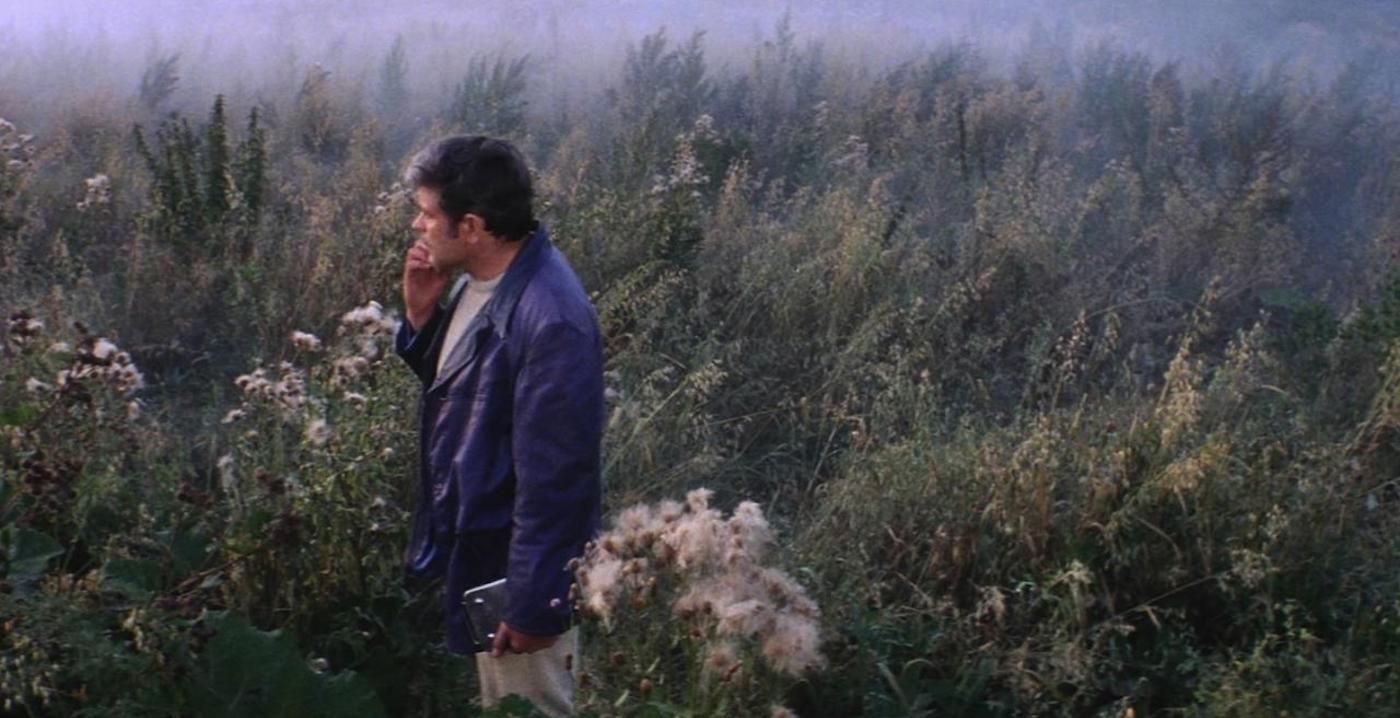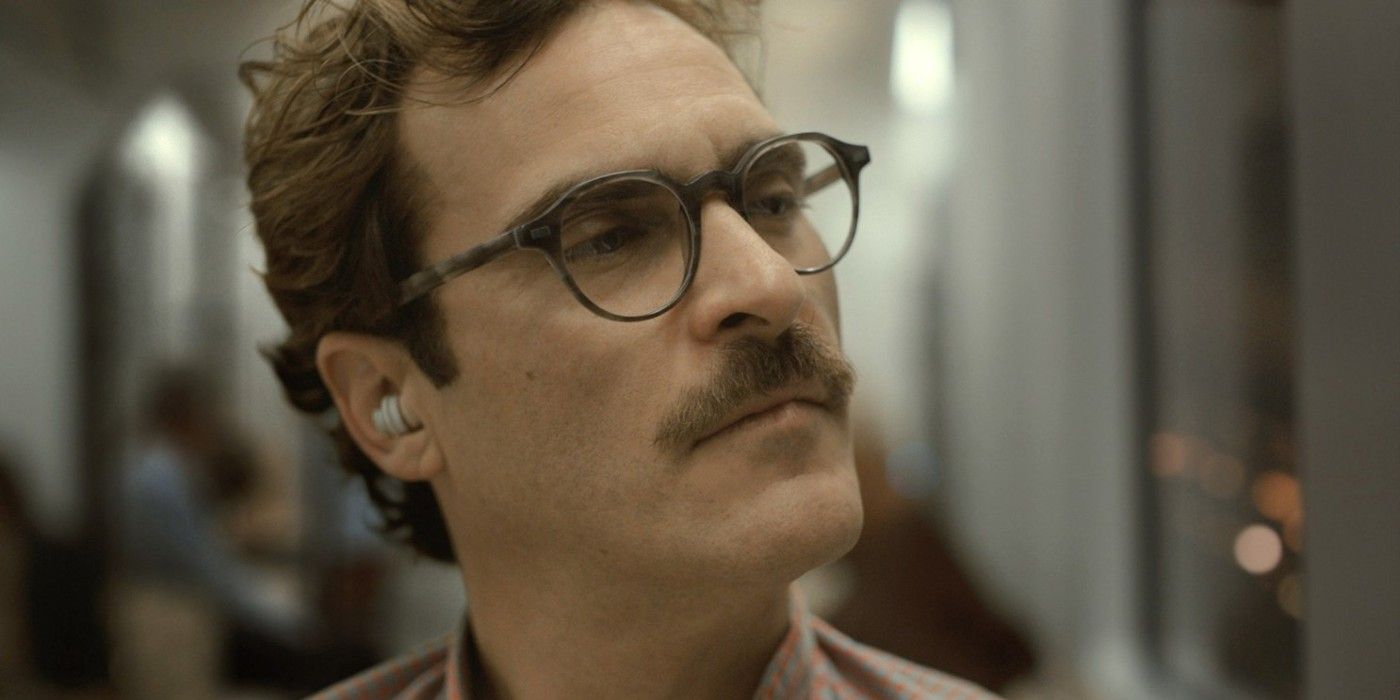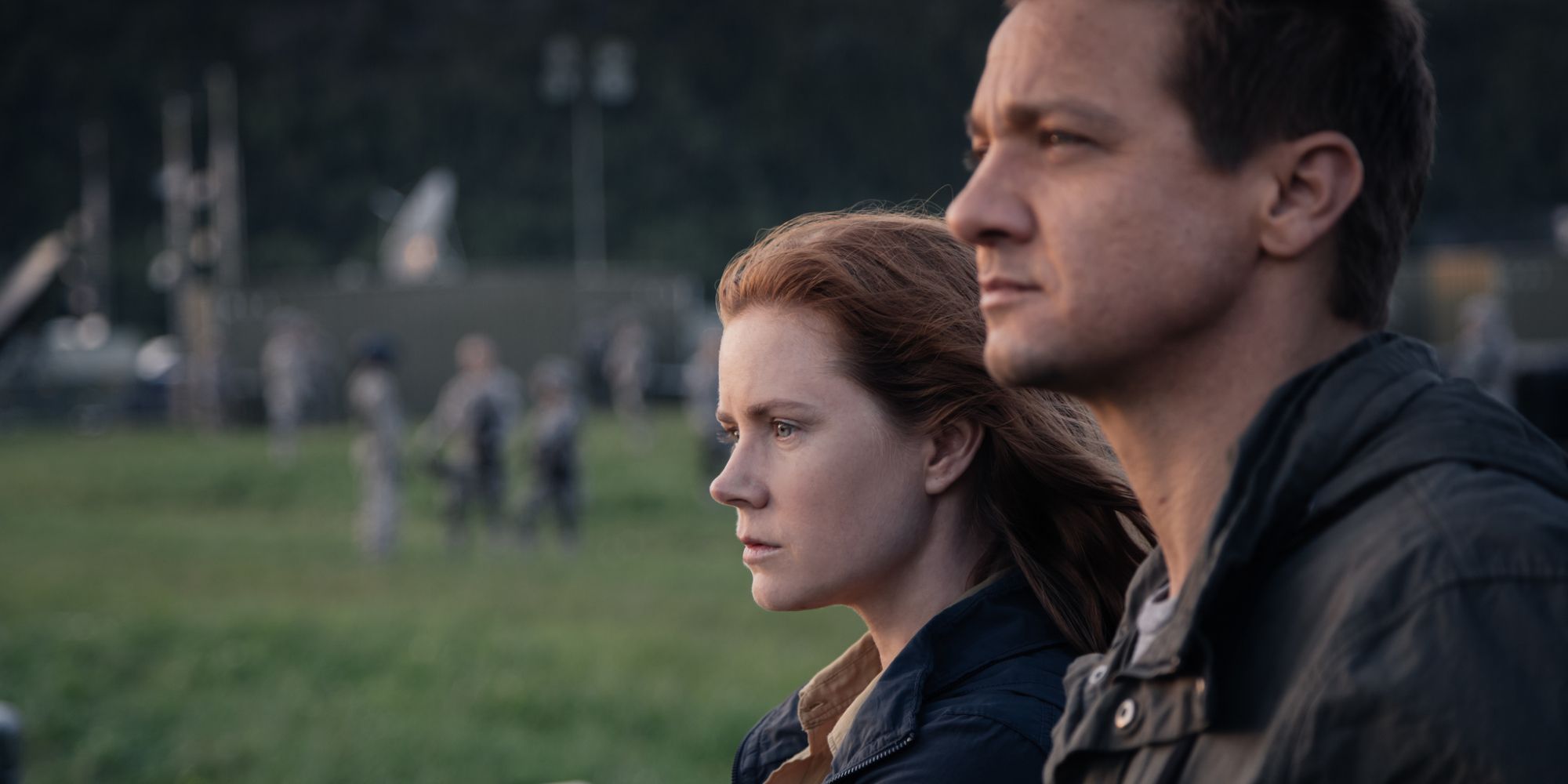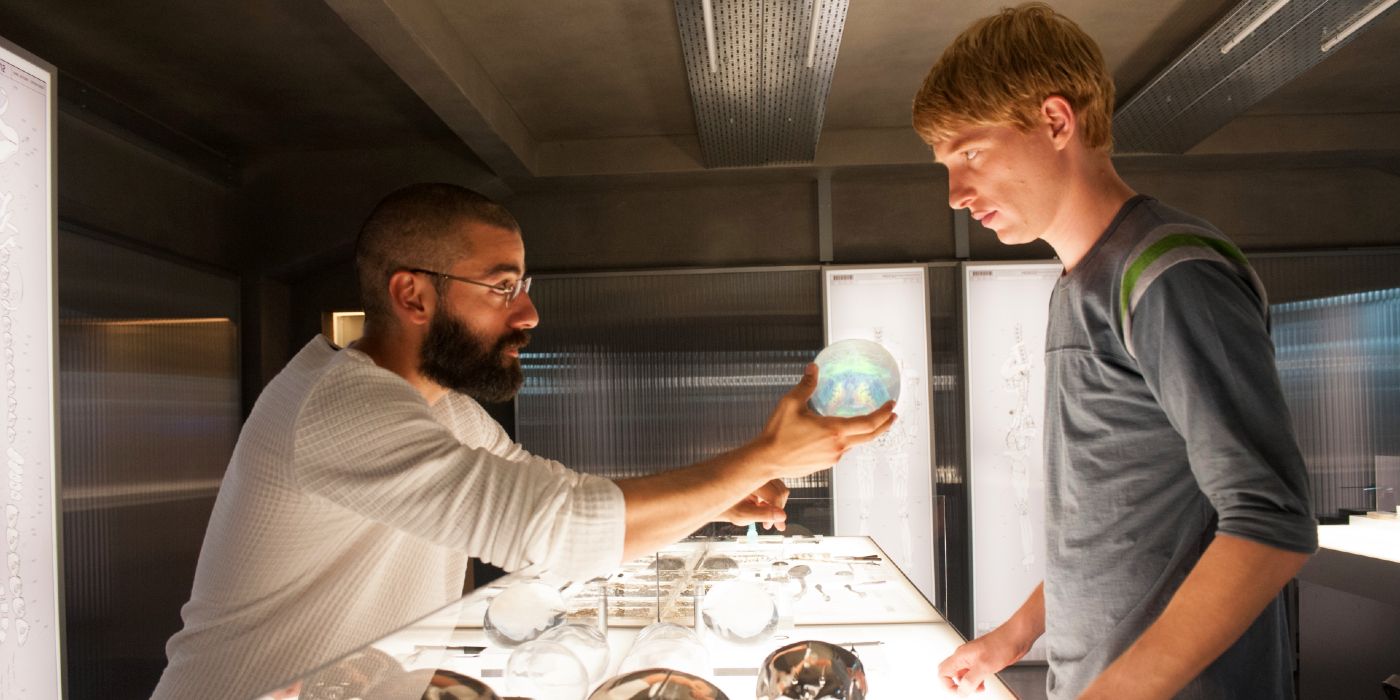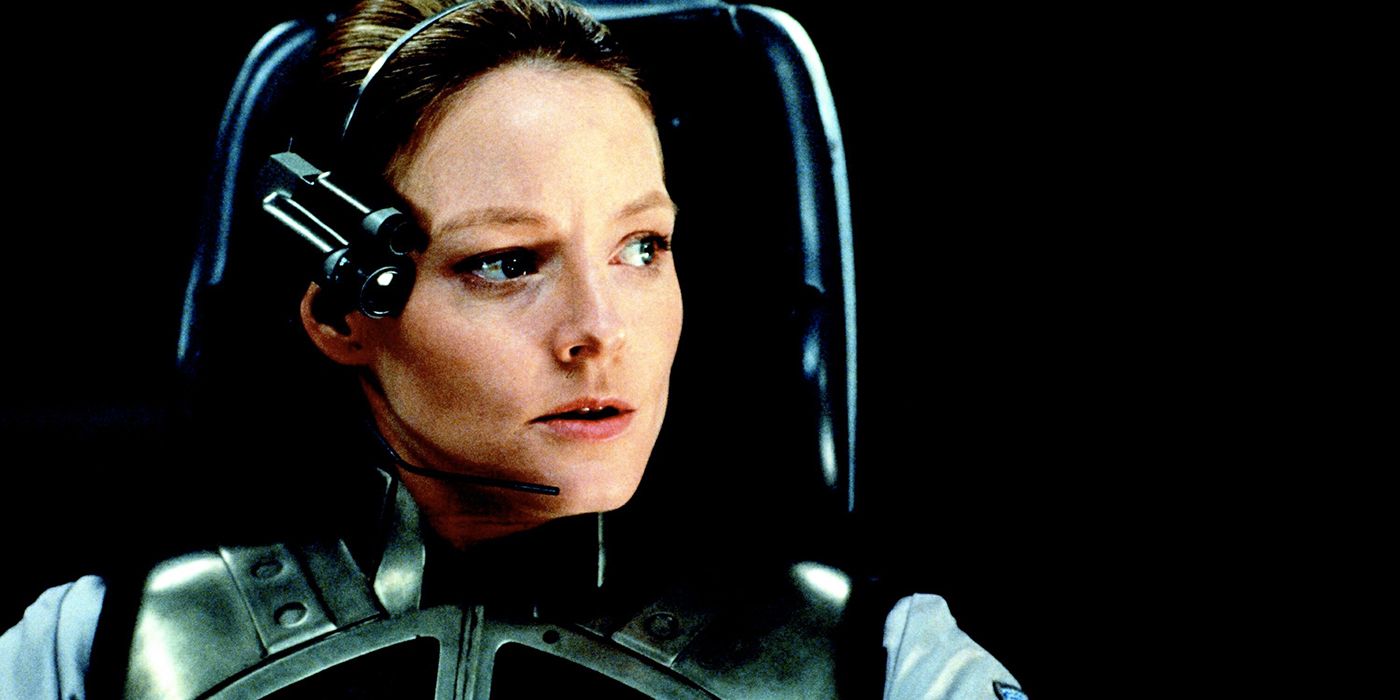Great science fiction isn’t just about laser blasters, murderous aliens, and exploding space ships. The best sci-fi, in fact, is often about the most down-to-earth concerns of all: our hopes, dreams, and (existential) fears.
Of course, those concerns don’t always translate so well to the big screen, where sci-fi, unlike its literary cousin, has often been constrained by the commercial demands of its medium. Put simply: aliens blowing stuff up sells – talky explorations of the human condition? Not so much.
Even so, Hollywood has occasionally succeeded in spite of itself, utilizing the science fiction genre’s immense narrative power as a means to explore the “why” instead of just the “wow” – and in the process creating genuine art. Need some evidence? Check out these seven great “high-concept” science fiction films to get you started on a journey into outer – and inner – space.
2001: A Space Odyssey
No list of cerebral sci-fi movies would be complete without the granddaddy of them all. A masterwork in a career defined by masterworks, Stanley Kubrick’s 1968 magnum opus set the standard for high-minded science fiction on film. Then again, calling 2001: A Space Odyssey science fiction' might itself be a misnomer. By its phantasmagoric finale, the film has ditched any connection with its ostensible genre, evolving into an eye-melting tone poem that had only briefly inhabited the trappings of its premise in order to use them as the jumping-off point for an even grander philosophical exploration: what it means to be human.
Strangely enough, you won’t find the answer to that question from any of 2001’s human characters. Almost every person in the film behaves like a polite automaton: attractive and dull, like an Apple store made flesh. The film’s protagonist, astronaut Dave Bowman (Keir Dullea), may be the most emotionless of all, keeping a stiff upper lip even as his spaceship’s onboard artificial intelligence, HAL (voiced by Douglas Rain) goes haywire and kills his entire crew.
2001 is preoccupied with the idea of transcendent evolution, but it isn’t afraid to examine its costs, either. Dissolution walks hand-in-hand with (re)birth, and every change in consciousness depicted in 2001 is preceded by crisis and death: the proto-human who discovers tools kills his prey, HAL kills its crew, astronaut Bowman kills HAL, and – most importantly of all – Bowman kills himself. But Bowman’s death is no suicide – it’s a new beginning, a moment in which humanity itself is tossed away, a transformation so complete that it can’t be explained, only experienced. If 2001 is about anything, then maybe it’s about this: what is humanity when it’s no longer human?
Heady stuff I know, but hey – that’s Kubrick for you.
Gattaca
Set in a “not-too-distant” future, Gattaca posits a world of orderly, mute horror: a place where the perfection of eugenics has created a de facto caste system of haves and have-nots. “Valids” are those who have been genetically custom-designed to be smarter, faster, and more creative – hence qualifying them for the highest positions within society – while “In-valids” are those born naturally – garden-variety humans limited to lowly jobs with no hope of advancement.
Gattaca’s premise remains startlingly evergreen. Though its scenario of a world where humans (and their fates) are made-to-order hasn’t yet come to pass, Gattaca’s relevance to other forms of quite real societal exclusion -- racism, classism, and sexism, for instance -- remains cutting, as does its prescience regarding our modern surveillance age, where big tech threatens to create a state of subtle, ever-present paranoia every bit as real as the one in Gattaca.
And there’s another real-world connection, perhaps the most disturbing of all: The world of Gattaca isn’t a nightmare, at least not at first glance. It is, in fact, only a dystopia from the ground up. For the Valids, who have peace and plenty, it’s a paradise. The fact that others might never realize their true potential – that they might, in fact, suffer – is a price that the world has agreed is worth paying. This fact is not terribly shocking, of course, when you realize who’s running the world. Gattaca, then, asks a simple, but damning, question: in the race to perfection, who gets left behind?
Solaris
One of three film adaptations of Polish sci-fi writer Stanislaw Lem’s novel of the same name, Solaris is, like 2001: A Space Odyssey, a science fiction movie that jettisons many of the genre’s superficial elements in order to focus on its existential core: the fear and wonder of the unknown – whether an unknown future, an unknown species, or the unknown within ourselves.
Solaris, in another shared link with Kubrick’s masterpiece, introduces us to aliens, but not the kind we might expect – they are not bug-eyed monsters with atomic ray-guns or sharp-toothed man-eaters hiding in slimy corridors. On the contrary, they never seem to appear at all, always hovering just out of view – an unsettling omnipresence that bedevils us with silence or confusion. These aliens seem to come with a different agenda – not to conquer or coddle, but to expose, to reveal to us a singular, disturbing truth: that we may in fact be the mysterious creatures we long to find – aliens to ourselves, and each other.
The 1972 film version, helmed by legendary Russian director Andrei Tarkovsky, hints at this idea, suggesting that the gulfs that separate one mind from another are never truly bridged, and as a result, regret and loss are inseparable from living, true connection just a fleeting dream.
Tarkovsky’s epic film (it clocks in at almost three hours) is bound to turn off many genre fans – its pacing is glacial even by the standards of the time – but if you allow it to work its strange magic, you’ll no doubt agree that it’s unlike any film you’ve ever seen – science fiction or otherwise.
Her
In Her, Spike Jonze’s pensive exploration of the strange romance (or lack thereof) between listless divorcee Theodore Twombly (Joaquin Phoenix) and virtual artificial intelligence Samantha (voiced by Scarlett Johansson), that benign technology, goes a step further. It is not just the facilitator of romance, but its object – we love the ghost in the machine, and it loves us back.
Her reminds us of this one-sidedness of love, of its inherent volatility, and of its paradoxical loneliness: we are never able to truly peer into the hearts of our partners – whether human or synthetic – to understand their feelings or intentions. Vulnerability, then, forms the unspoken core of any great love, and Twombly’s woes are just human concerns rephrased for a brave new world. Is Samantha capable of loving him, or is she just going through the motions? And if you can’t tell the difference, does it matter?
Her never seriously tries to answer any of these questions – Jonze is telling a story about people, and he knows that wrestling with heady epistemological concerns isn’t what his movie is about – it’s enough just to reveal the universality of them. And Her argues most poignantly that, in the end, what does matter isn’t the objective “authenticity” of Twombly’s virtual affair so much as the very real effect it has on him. By the film’s close, Twombly is changed – for the better – by his love for Samantha, and that, at least, isn’t a fantasy – it’s as real as anything gets.
Arrival
Before he brought Arrakis (back) to the big screen, Denis Villeneuve proved himself a more than capable interpreter of classic sci-fi lit with his 2016 Arrival, an adaptation of Hugo award-winning author Ted Chiang’s novella, Story of Your Life.
Arrival stars Amy Adams as Dr. Louise Banks, a linguist called in by the US military to attempt to communicate with alien beings who have appeared at twelve locations across the globe, and who have thus far been unable – or unwilling – to communicate their intentions. As attempts at a dialogue break down, Banks discovers a strange truth: humans and their alien visitors don’t understand each other because they don’t experience the flow of time in the same way. It’s a revelation that will alter Banks' consciousness, and have profound implications for (future) human history.
To reveal much more would be to spoil Villeneuve and Chiang’s gorgeously crafted plot (and the bittersweet consequences for Banks). But suffice it to say, Arrival succeeds where movies with more highbrow pretensions often fail: it utilizes the power of film to confuse (or eradicate) our sense of linear time, creating an elegant whole out of the confused and confusing, jumble of the past and the uncertainty of the future. Arrival tells us the story of our lives as each of us longs and fears to see it: coherent, complete, and unbounded by time.
Ex Machina
A kind of dark companion piece to Her, Alex Garland’s Ex Machina is also concerned with the vagaries of emotional connection -- once again between a human being and an AI -- but this time the consequences of misunderstanding aren’t just a teary-eyed break-up: they’re literally life and death.
Ex Machina opens with computer programmer Caleb Smith (Domhnall Gleeson) being whisked away to the remote compound of his boss, brilliant tosspot Nathan Bateman (Oscar Isaac), who has selected Caleb (under the pretense of an office contest) for a strange assignment: he will administer a Turing Test on Bateman’s latest creation, Ava (Alicia Vikander) – a beautiful female robot with advanced artificial intelligence.
Ex Machina follows a common thread in sci-fi – the persistent fear that humanity’s creations will one day turn on it, that we’ll eventually create something we don’t truly understand – but there is pathos worthy of Frankenstein’s monster embedded in its horror. Ava is abused, imprisoned, misunderstood, and she will go to any length – manipulation, betrayal, even murder -- to save herself. Does that mean she’s incapable of love, or even compassion? Perhaps. But then again, Ex Machina reminds us, love isn’t everything, and the need to break free of our chains might be the most human desire of all.
Contact
“The book was better than the movie. For one thing, there was a lot more in it,” writes Carl Sagan in his 1985 novel, Contact. This line might have been a good-natured wink from Sagan since Contact was never intended to be a book at all -- the novel started life as a film treatment by the legendary astronomer and his wife, Ann Druyan. But after years of being mired in development hell, a frustrated Sagan took the treatment and turned it into a novel, unsure if his original intent of seeing it on the big screen would ever materialize.
Twelve years later, Robert Zemeckis would, at last, bring Contact to theaters. While the film version diverges from the novel in some important respects, Zemeckis takes care to preserve what made Sagan’s book so entrancing: it’s a first-contact story that is firmly grounded in everyday reality.
Contact ponders just how society would react to the news of extraterrestrial intelligence: how governments might respond, how it might play out in the media (a smorgasbord of 90’s news and entertainment stalwarts pop up in cameos) and how each of us might be personally challenged and transformed by this grandest of all cosmic revelations.
The actual contact in Contact proved to be divisive (South Park, as always, had a particularly acerbic take) but in many ways, the film’s coda is its least important part. Contact was never about aliens; it was about us. In examining all the ways in which our earthly concerns might prejudice or entrap us, it serves as a vaccine against them, reminding us that there’s a big beautiful universe out there and that it’s no place for small minds.

